
After a decade of using biological farming methods, yields have increased and so has the quality, economic returns have also increased and overheads reduced, so it’s a win-win situation creating business resilience, fourth-generation Barossa grape grower Dan Falkenberg says.
Dan, from Eden Hall Wines, is also the Barossa’s 2018 Viticulturist of the Year. He is regarded as one of the leading proponents of biological farming in viticulture and will be speaking at the Australian Biological Farming Conference in November.
“From my experiences it takes time to develop the systems and principles of biological farming and it can often take several years before the benefits become evident,” he says.
“Vignerons now have greater access to information regarding soil management and understand the importance of soil health and how it contributes to fruit quality, and long term economic and environmental sustainability.
“With our unpredictable weather and dryer seasons becoming more common, vineyard management practices are changing. Vignerons are embracing water saving techniques like under-vine straw mulching, composting and soil moisture monitoring probes that enables them to readily visualise the everchanging soil water dynamics and make instant and informed management decisions.
“Many growers now make their own compost on site which is blended to suit specific soil types. The uses of native grasses to enhance vineyard biodiversity and improve soil biota (life) and water infiltration through soil profiles are also on the increase.
“While these practices can be challenging, the benefits to soil health and the environment are significant.”
Dan sees many benefits to biological farming.
“It’s a balance between nature and agriculture, biological farming simply means farming with fewer chemicals, careful management of the soil in a cleaner environment. The system should be capable of being used indefinitely, enhancing soil health and the environment, and generating viable economic returns,” he says.
The theme of the Australian Biological Farming Conference is ‘Science meets Nature’. It is being held at the Southern Cross University’s Gold Coast Campus from November 9-12.
“It is the third conference we have organised and it is an event already popular among organic farmers interested to learn more from case studies and experts brought together in the one place,” says conference spokesperson Bruno Bertolo, SoilCare Board member and macadamia grower.
Apart from Dan Falkenberg other speakers include:
- Michael Phillips of Lost Nation Orchard, New Hampshire, USA;
- Jeff Moyer of Rodale Institute in Pennsylvania, USA, which is a world-renowned authority in biological and organic agriculture;
- Mary Retallack, agricultural scientist and third generation viticulturist;
- Rob Hinrichsen of Kalfresh, one of the biggest vegetable farming operations in Queensland;
- Nick Kelly, broadacre farmer from Western Australia; and
- Professor Leifert, the newly appointed director of the new Centre for Organics Research at Southern Cross University.
The conference fee is $440. For more information visit https://www.australianbiologicalfarmingconference.org/

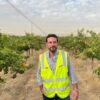

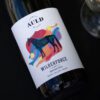
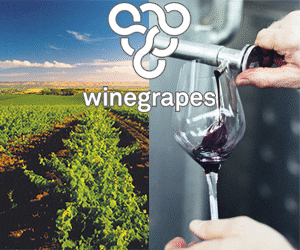
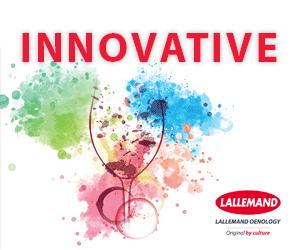
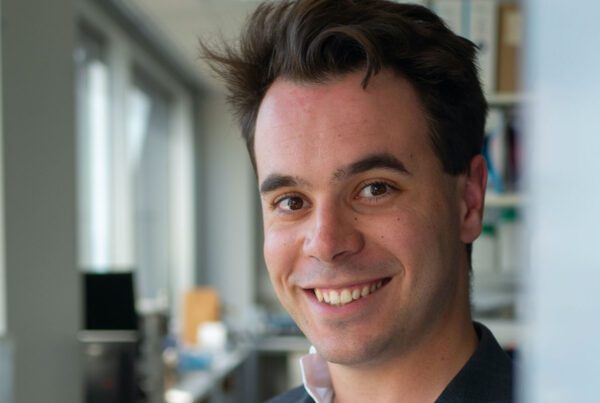
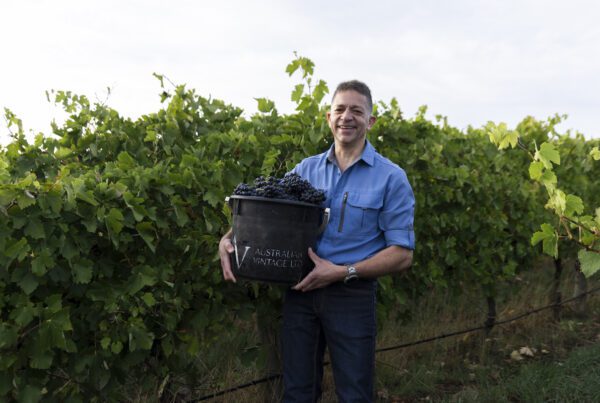
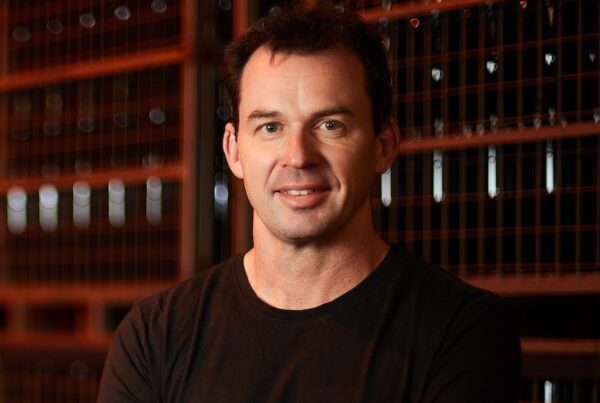
Recent Comments